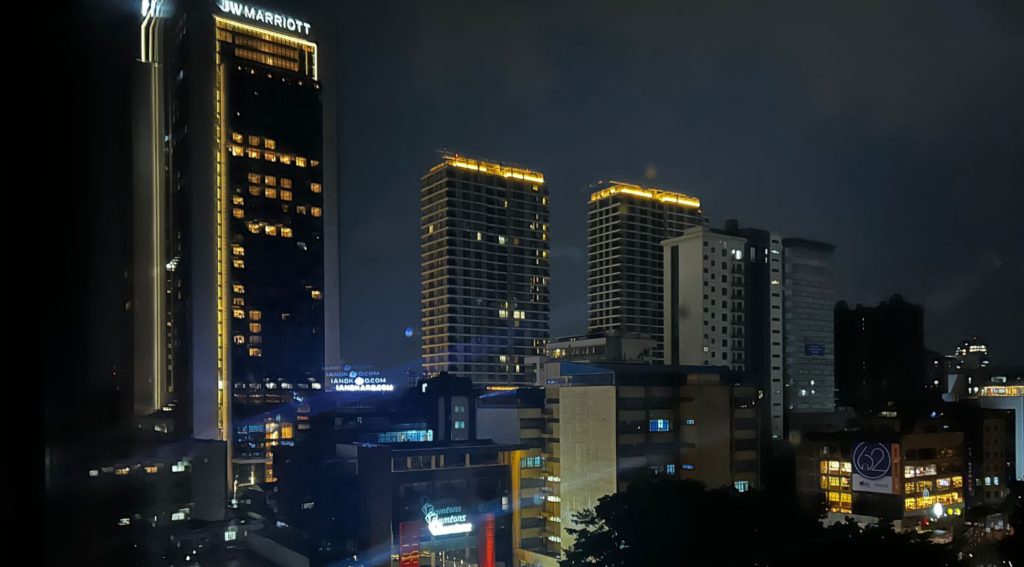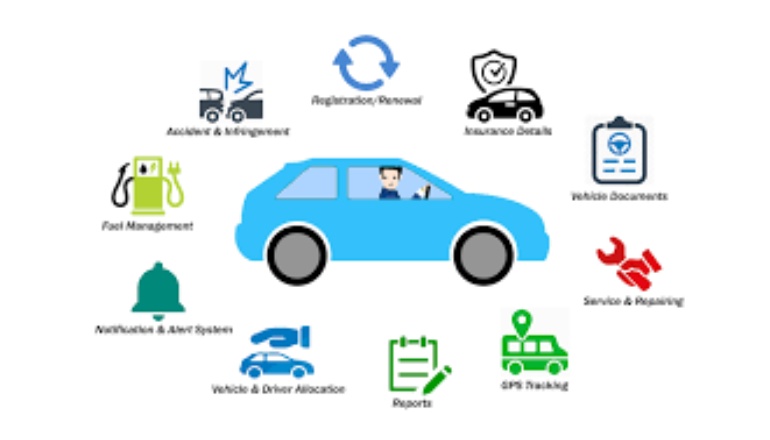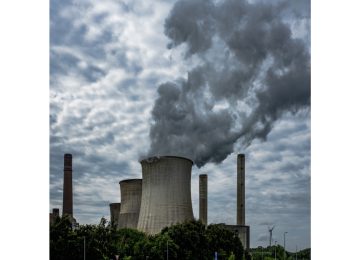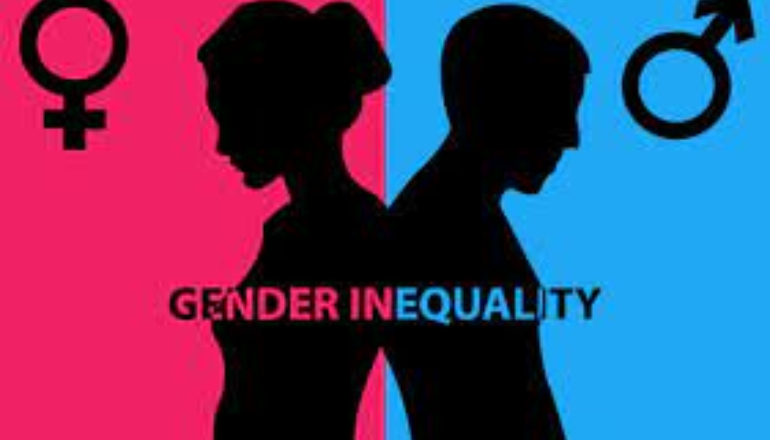
Renewable Energy Officer,
Energy & Petroleum Regulatory Authority, Kenya
Africa is at a turning point. While the continent contributes only 3.8% of global greenhouse gas emissions, it is among the hardest hit by climate change. Severe droughts, unpredictable rainfall, rising temperatures, and devastating floods are already threatening food security, water availability, and economic stability. Without urgent intervention, the impact is very likely to worsen.
However, Africa also holds one of the greatest opportunities for a green energy revolution. With abundant solar, wind, hydro, and geothermal resources, the continent has the potential to power its economies, create millions of jobs, and reduce its carbon footprint, all while increasing energy access for its growing population. The solution is clear – renewable energy.
Why Renewable Energy is Critical for Africa’s Climate Resilience
- Reducing Carbon Emissions and Energy Costs
The continent’s heavy reliance on fossil fuels, especially coal, oil, and diesel-powered generators, contributes to air pollution, energy insecurity, and high electricity costs. Many countries spend billions of dollars importing fossil fuels, exposing their economies to volatile global energy prices.
By shifting to renewable energy, Africa can ensure the availability of cheap energy and significantly contribute to climate action. Take Nigeria’s Renewable Mini-Grid Expansion project, a $200 million initiative launched in March 2025. Supported by the World Bank and African Development Bank, this project intends to deploy hundreds of solar-powered mini-grids to provide affordable, clean electricity to over 1.5 million people in rural and peri-urban areas.
- Strengthening Climate Resilience and Energy Security
Africa’s power infrastructure is vulnerable to climate shocks. Prolonged droughts reduce hydropower output, while extreme weather events disrupt fossil fuel supply chains. Renewable energy, especially solar and wind power, offers a resilient, decentralized energy model that can withstand climate disruptions. In Malawi, the Nkhotakota Solar Power Station is a prime example. Commissioned in March 2023, this 21 MW solar farm is helping reduce reliance on drought-sensitive hydropower, ensuring consistent electricity access even during dry seasons.
- Protecting Africa’s Natural Resources and Ecosystems
Climate change is accelerating deforestation, desertification, and biodiversity loss across Africa. Traditional energy production especially coal and biomass burning, worsens this crisis. Renewable energy, in contrast, has a low environmental footprint, reducing land degradation and preserving Africa’s rich ecosystems.
One of Africa’s largest green infrastructure projects, the Ruzizi III Hydropower Plant, is an example of sustainable energy development. This $760 million project, jointly developed by Rwanda, Burundi, and the Democratic Republic of Congo, will generate 206 MW of clean electricity when completed, supplying power to over 30 million people while reducing pressure on forests and waterways.
- Driving Economic Growth and Green Jobs
Africa’s renewable energy sector isn’t just about cutting emissions; it is a major job creator. The International Renewable Energy Agency (IRENA) estimates that Africa could generate over 10 million green jobs by 2030 through investments in solar, wind, battery storage, and electric mobility.
In South Africa, a 1 billion rand ($54.27 million) investment is accelerating the production of electric vehicles (EVs) and batteries. This initiative supports the transition from fossil-fuel cars to EVs by 2035, reducing emissions while creating thousands of high-skilled jobs in manufacturing and technology.
Challenges to Africa’s Renewable Energy Transition
The aforementioned projects demonstrate that Africa’s clean energy revolution is happening now. However, to sustain this momentum, governments and private investors must scale up financing, improve infrastructure, and strengthen policy support.
Despite the progress, several barriers remain:
- High initial investment costs—many renewable projects require substantial upfront capital, which limits expansion in low-income countries.
- Weak infrastructure and grid connectivity—Africa’s ageing power grids make it difficult to integrate large-scale solar and wind energy.
- Policy and regulatory barriers—many African nations still subsidize fossil fuels, making renewables less competitive.
To overcome these challenges, Africa must attract international financing, strengthen regional energy trade, and accelerate policy reforms that favour renewables over fossil fuels.
To be continued ……












Waiting for the continuation!